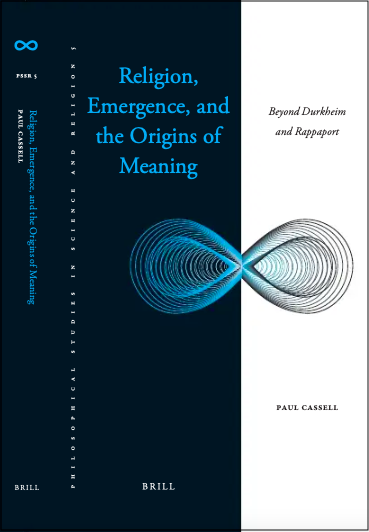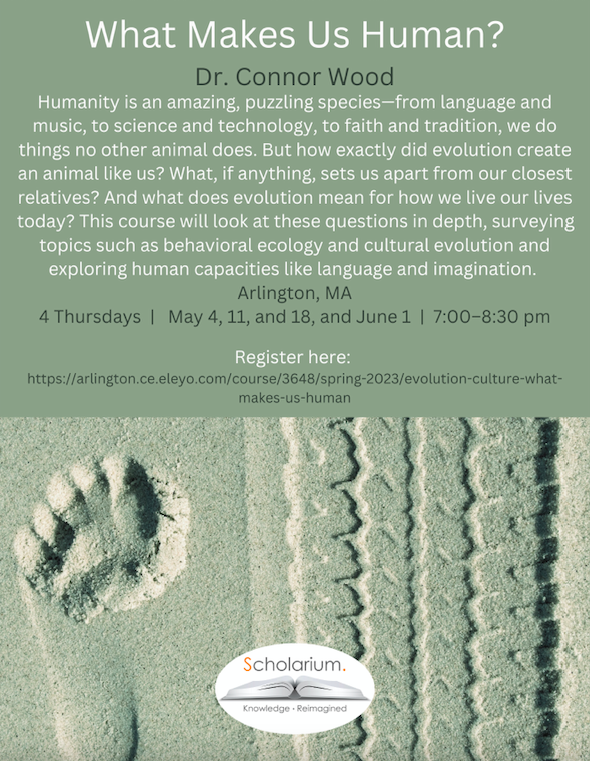Research at Scholarium
Major Evolutionary Transitions in Human Culture (METHC)
Scholarium is currently supporting a multidisciplinary project, “Major evolutionary Transitions in Human Culture” (METHC), which investigates rare historical transitions in human culture and religion.
For those of us who are interested in big questions regarding culture, these are exciting times. A major synthesis is emerging across the natural sciences, social sciences, and humanities that has far-reaching implications on our understanding of the world. The Major Transitions in evolution project is potentially the broadest and most overarching theory researchers across disciplines are currently working on. We believe that educating the public and our students about this exciting evolutionary story is critical for promoting a more scientifically-informed and morally-aware society.
Our Project aims to integrate tools from multiple fields in an attempt to provide a comprehensive theory of “universal Evolution.” We are particularly focused on synthesizing a wealth of current scholarship into a general theory of major transitions in human culture and religion. One of the objectives will be to situate the evolution of religion and culture in the broader context of ‘Major Transitions in Evolution’ as famously proposed by evolutionary biologists John Maynard Smith and Eörs Szathmáry (1995). Working towards a holistic model of physical, biological, and cultural evolution provides the social sciences and humanities with a unique opportunity to play a crucial role in enriching the story of evolution as it unfolded from simple inanimate matter to the tantalizing complexity of technological society in the 21st century. While this project, in its broadest setting, is interested in the integration of physical, biological, and cultural evolution, at Scholarium we are focused on the third domain of culture.
We believe that the most productive way to integrate the sciences, social sciences, and humanities is by linking two powerful approaches: Universal Evolution (sometimes referred to as Universal Darwinism) and systems theory. Both approaches have been championed as leading candidates for establishing a unified conceptual bridge between the physical, biological, and cultural domains. Linking these two approaches, it is argued, provides a particularly powerful paradigm of social and religious evolution. Universal Evolution is a theory of natural selection with applications outside biological evolution, including material, chemical, and cultural evolution. Systems theory is a method for analyzing highly complex, dynamic, and non-linear phenomena that are impossible to study using traditional scientific methods. As a profoundly cross-disciplinary theory, the systems view conceptualizes both biological and cultural systems as “Complex Adaptive Systems” that operate according to generic rules across scales and kinds.
Check out some of our research on the topic:

sad

asdfasd
Lectures on relevant research themes by Scholarium:

